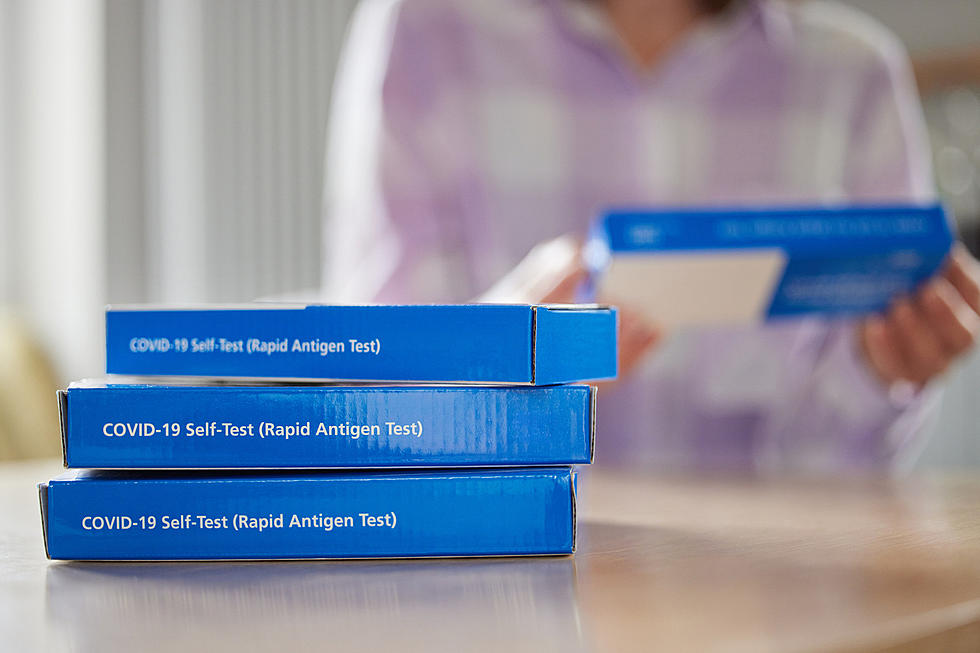
If you do an at-home COVID test in NJ, who should you report results to?
With COVID cases once again on the rise in New Jersey, a lot of state residents are buying over-the-counter quick tests that can be done at home.
Some people aren’t sure, however, what they should or should not be doing if you get do get a positive result.
Dr. Ed Lifshitz, the medical director of communicable disease service for the New Jersey Health Department, said there is no easy way for the public to report their own results. What's important, however, is what they do with the information.
In other words, Lifshitz said you do not need to report at-home test results to the Health Department but “you may need to report to your worksite, to your school, daycare, those sorts of places so that they will know and take precautions, but no, not directly to the state.”
If that’s the case where are the antigen test results coming from?
He said in addition to PCR test results that are reported every day, the Health Department also lists the number of positive antigen (quick test) results from providers at schools and healthcare and long-term care settings.
If someone else is doing a COVID test on you, it is automatically being reported to the state.
If you do a home test where you are supervised by a health care professional online and then mail the sample to a lab, the test result will automatically be reported to the state.
What about contact tracing?
Lifshitz said a certain amount of contact tracing is still being performed at long-term care facilities, schools and other congregate settings.
“Contact tracing is the measures that we take to try and figure out who you might have exposed so we can reach out to them, so they know the steps they can take to quarantine, to protect themselves,” he said.
He said for the general population, contact tracing is not being done because thousands are testing positive every day, so if you do get COVID it’s important for you to make sure those who may have been exposed are told about it.
The COVID NJ app
He said the COVID NJ app functions as a type of contact tracer.
“If you test positive it will automatically notify everybody that you’ve come into close contact with, just because your phone knows where you’ve been,” he said.
Lifshitz said state health officials continue to do case investigations, where individuals are interviewed to try and determine where they might have gotten COVID, if it was a super-spreader location, how sick they got and so forth, to help the Health Department understand any new pandemic trends or identify new variants.
He said in cases where you do get a positive COVID test, your first call if you feel ill or worried should be to your doctor or local health department.
“After that, your next concern should be with those around you, your loved ones, your family members, getting in touch with your contacts, people that you might have been exposed to so that they know they might be at risk," he said.
David Matthau is a reporter for New Jersey 101.5. You can reach him at david.matthau@townsquaremedia.com
Click here to contact an editor about feedback or a correction for this story.
9 things New Jersey would rather ban than plastic bags
Voting for the 2022 class of the New Jersey Hall of Fame
LOOK: States With the Most New Small Businesses Per Capita
More From 92.7 WOBM










